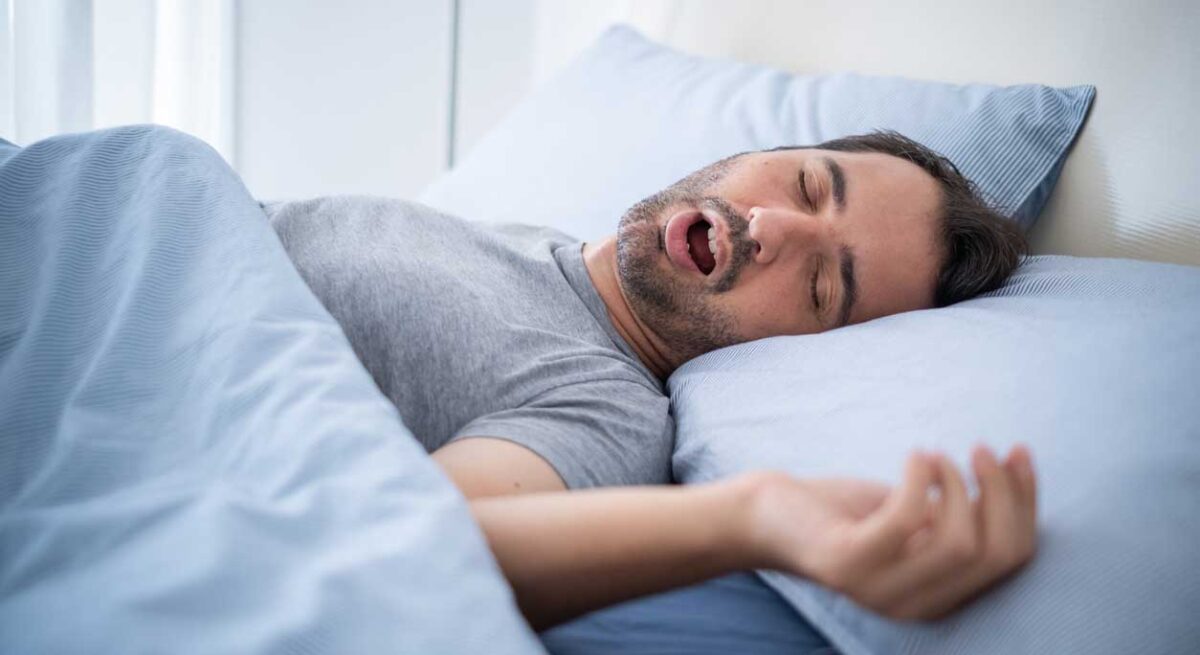Sleep Apnea: Understanding and Managing a Common Sleep Disorder
Sleep apnea is a common sleep disorder characterized by interruptions in breathing during sleep. These pauses in breathing, known as apneas, can occur repeatedly throughout the night, disrupting sleep and leading to daytime fatigue, irritability, and other health problems.
Understanding the different types of sleep apnea, recognizing the symptoms, and seeking appropriate treatment are crucial for managing this condition effectively.
Types of Sleep Apnea
There are three main types of sleep apnea:
- Obstructive Sleep Apnea (OSA) The most common type, caused by a blockage of the upper airway during sleep.
- Central Sleep Apnea (CSA) Occurs when the brain fails to send signals to the muscles that control breathing.
- Complex Sleep Apnea Syndrome (CSA) A combination of obstructive and central sleep apnea.
Symptoms of Sleep Apnea
The symptoms of sleep apnea can vary depending on the severity of the condition:
Common Symptoms
- Loud snoring
- Choking or gasping sounds during sleep
- Excessive daytime sleepiness
- Morning headaches
- Difficulty concentrating
- Irritability
- Mood swings
Less Common Symptoms
- High blood pressure
- Heart problems
- Type 2 diabetes
- Erectile dysfunction
The Impact of Sleep Apnea
Sleep apnea can have significant health consequences:
- Cardiovascular Health Increased risk of heart attack, stroke, and heart failure.
- Metabolic Health Increased risk of type 2 diabetes, obesity, and metabolic syndrome.
- Cognitive Function Impaired memory, concentration, and decision-making.
- Mood and Behavior Increased risk of depression, anxiety, and irritability.
Diagnosis of Sleep Apnea
Diagnosing sleep apnea typically involves:
- Sleep Study (Polysomnography) A comprehensive evaluation of sleep patterns in a sleep laboratory.
- Home Sleep Apnea Test (HSAT) A less invasive option for monitoring sleep at home.
Treatment for Sleep Apnea
Treatment options for sleep apnea vary depending on the severity of the condition:
- Continuous Positive Airway Pressure (CPAP) A common treatment that delivers pressurized air through a mask to keep airways open.
- Oral Appliances Custom-made devices that reposition the jaw and tongue to improve airflow.
- Surgery In severe cases, surgery may be considered to widen the airway.
- Lifestyle Modifications Weight loss, avoiding alcohol and sedatives, and sleeping on one’s side can help manage sleep apnea.
Managing Sleep Apnea: Lifestyle Changes and Coping Strategies

In addition to medical treatments, lifestyle modifications can significantly improve sleep apnea symptoms:
- Weight Management Losing excess weight can reduce the severity of sleep apnea.
- Healthy Diet Maintaining a balanced diet can help manage weight and overall health.
- Regular Exercise Engaging in physical activity can improve sleep quality.
- Sleep Hygiene Establishing consistent sleep routines and creating a sleep-conducive environment.
- Stress Management Reducing stress through relaxation techniques and mindfulness practices.
By understanding the signs and symptoms of sleep apnea and seeking appropriate treatment, individuals can improve their sleep quality and overall health.

